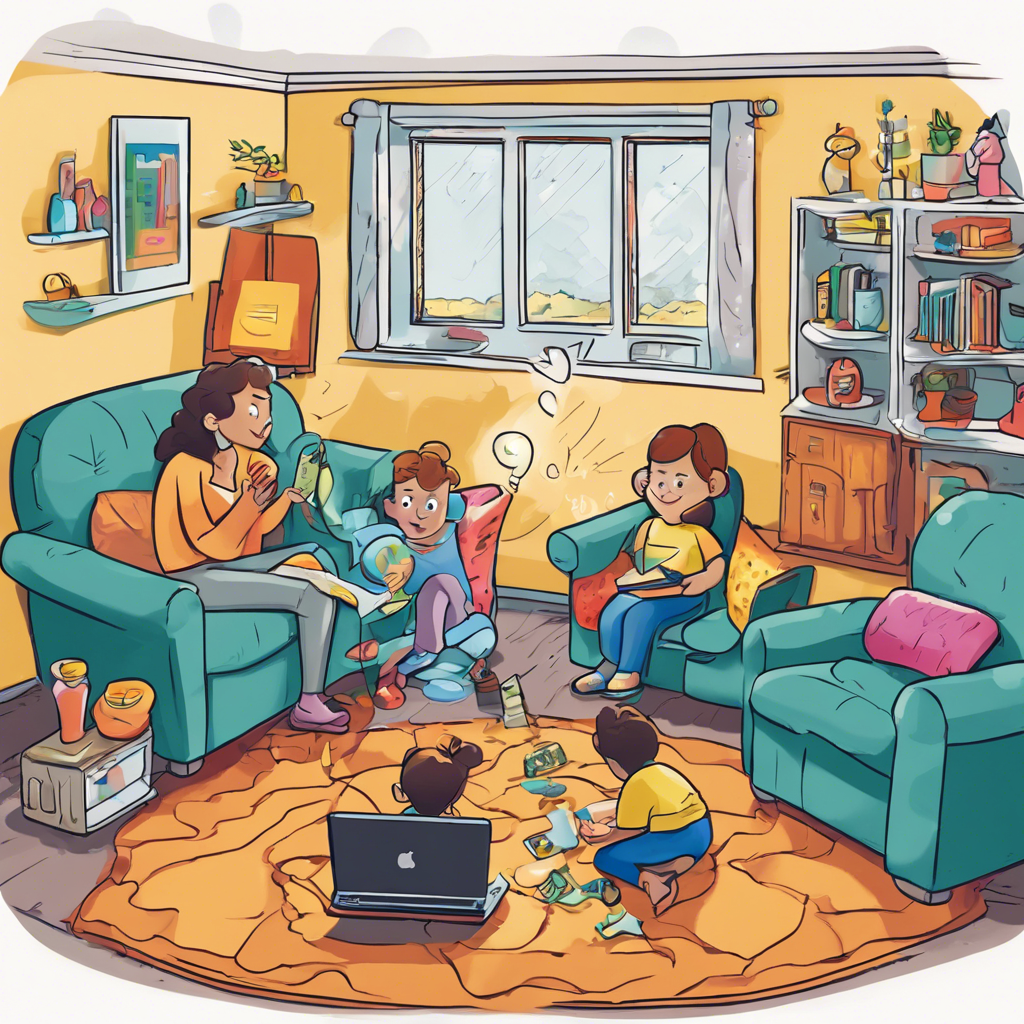In What Ways Do Different Genres Of Music Explore And Comment On Political And Social Themes?
Gathering question image...
Introduction
Music has always been a potent medium for articulating political and social themes. Various music genres not only reflect societal issues but actively engage listeners, shedding light on diverse narratives and perspectives. Whether it is through poignant lyrics or compelling rhythms, music plays a crucial role in shaping social consciousness.
Exploring Political Themes in Music
Political themes are prominently featured in genres such as protest music, hip hop, and folk. Artists leverage their platforms to voice dissent against government actions, socioeconomic inequality, and the impacts of war. For instance, Bob Dylan’s iconic song "The Times They Are A-Changin'" emerged as an emblem of the civil rights movement during the 1960s, emphasizing the urgent demand for social reform. In a similar vein, hip hop has emerged as an influential medium, providing a voice for marginalized groups while addressing systemic racism and social injustices. Eminent artists like Kendrick Lamar weave intricate narratives that reflect the Black experience in America, connecting personal stories with larger societal issues. Through powerful lyrics and evocative soundscapes, music fosters empathy and educates audiences about pressing political matters.
- Protest music frequently responds to civil unrest, amplifying the voices of the disenfranchised.
- Hip hop serves as a dynamic storytelling medium, revealing the stark realities of life in underrepresented communities.
Social Themes in Popular Music
Genres including pop, rock, and country often delve into social issues ranging from love and interpersonal relationships to mental health challenges. These themes resonate deeply, rendering complex emotions accessible to a broad audience. The empowering pop anthem "Fight Song" by Rachel Platten inspires listeners to overcome personal difficulties, while numerous rock ballads have spotlighted mental health awareness. Likewise, country music frequently narrates stories that echo the realities and values of rural and working-class Americans. By making social topics relatable, music encourages listeners to reflect on their own experiences and struggles, fostering a deeper connection to societal challenges.
- Pop music routinely simplifies intricate social themes, making them relatable and engaging for a wide audience.
- Rock music often explores profound emotional depths, addressing vital issues such as addiction and personal loss.
Conclusion
In conclusion, various music genres provide distinctive avenues to engage with and reflect on political and social themes, ranging from direct protest to relatable storytelling. By actively listening to and supporting a diverse array of musical expressions, we can expand our understanding of the complexities of the world around us.
Expert Quote
Dr. Roderick P. Hart, Dean of the College of Communication at the University of Texas at Austin
Music serves as both a mirror and a lamp to society, reflecting our realities while illuminating paths toward understanding and change.
Book 'Political Communication in a New Era', 2016
Relevant Links
Discussion: 'Does metal, including all sub-genres, influence your ...
https://www.reddit.com/r/Metal/comments/2205b3/discussion_does_metal_including_all_subgenres/The Freedom to Explore Across Music Genres | Spark: Elevating ...
https://medium.com/spark/the-freedom-to-explore-across-music-genres-eae43c50ce05How Does Music Affect Society? Discover Its Impact
https://www.savethemusic.org/blog/how-does-music-affect-society/50 years of Hip-Hop: Exploring the Transformative Influence of Hip ...
https://socialwork.columbia.edu/news/50-years-hip-hop-exploring-transformative-influence-hip-hop-field-social-workFall 2025 Ithaca Seminars - Course Descriptions | Ithaca College
https://www.ithaca.edu/academics/ithaca-seminars/fall-2025-ithaca-seminars-course-descriptionsMost popular questions

How Do The Personal Relationships Among Gods Affect Their Decisions In The Iliad?
The intricate relationships among the gods in Homer's epic poem 'The Iliad' play a crucial role in shaping their actions and decisions. These divine interactions create a complex web of fates, where each god's personal alliances and rivalries directly influence the events of the mortal world.

What Strategies Can Parents Use To Educate Their Children About Online Safety Beyond Privacy Settings?
In today's digital landscape, teaching children about online safety is essential for their protection and well-being. While privacy settings play a critical role, parents can implement various strategies to create a thorough understanding of online safety principles among their children.

What Are The Different Types Of Insulation Materials Commonly Used In Buildings, And How Do They Compare In Terms Of Thermal Resistance?
Insulation materials are vital for enhancing energy efficiency in residential and commercial buildings by minimizing heat transfer. Understanding the various insulation types can lead to better choices for thermal resistance and overall comfort.